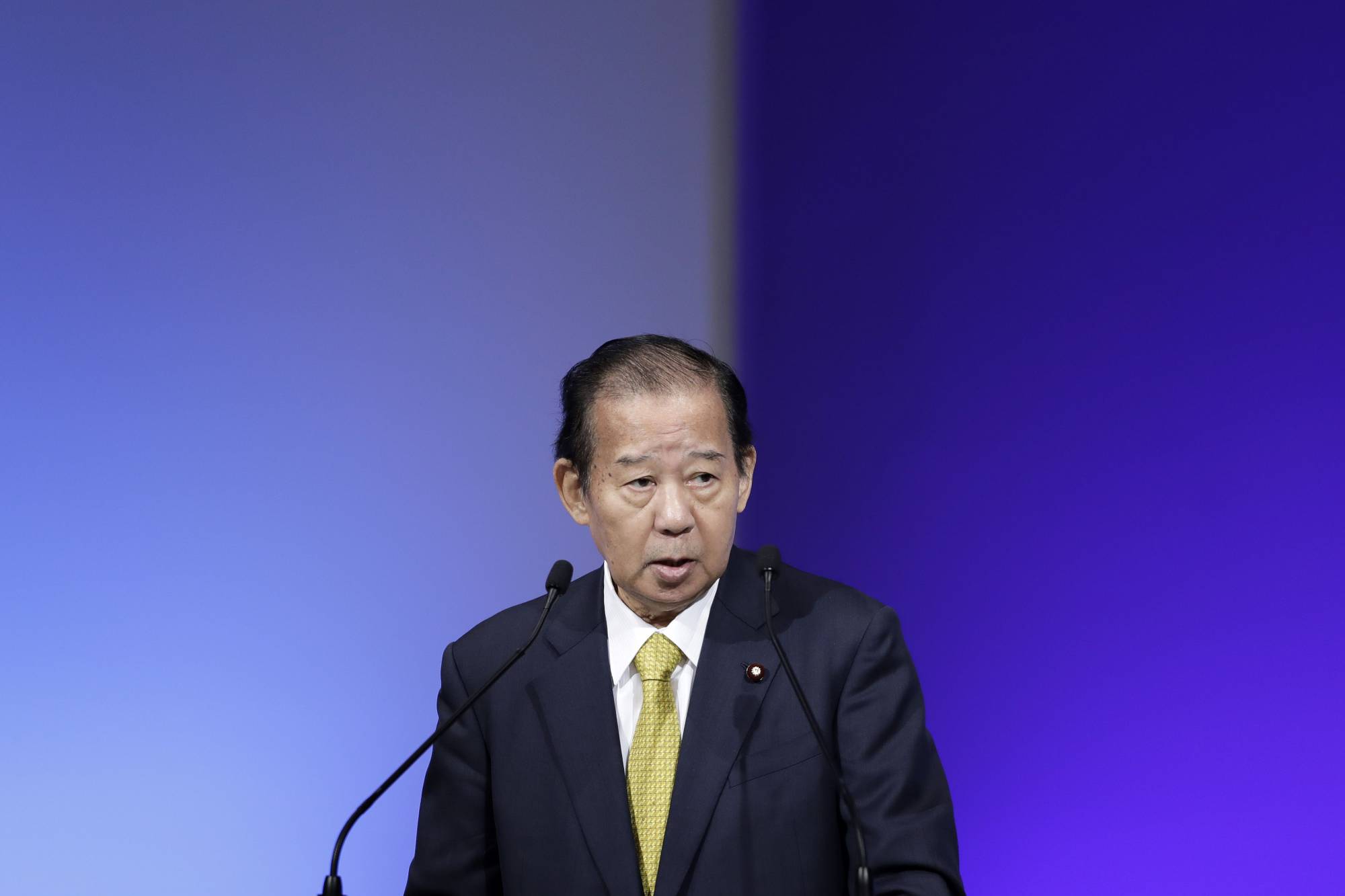On Aug. 31, Tokyo Shimbun ran two articles about money and politics in preparation for the upcoming election season. One focused on the Political Funds Control Act, which places restrictions on political donations but does not require the recipients to report how these funds are spent. Individuals cannot donate money directly to politicians. They have to give it to the party or a political group. Then the money is distributed to member politicians.
According to Tokyo Shimbun, this feature of the law accompanied reforms enacted in 1994 to limit plutocratic tendencies by addressing where political funds come from, but expenditures were not discussed. This system remains the same after almost 30 years, even though some political parties find it actually lacks transparency. For one thing, it makes it difficult to root out political wrongdoing in the Diet, since parties aren’t legally compelled to report how they spend their money and so it’s difficult to accuse anyone of misusing funds.
In the second article, Tokyo Shimbun focuses on public funds, meaning money given by the central government to political parties for "policy activities." Who or what receives the money in the party is reported, as well as the amount spent — but not how the money is spent. One of the reasons the Japanese Communist Party does not accept subsidies from the government is this lack of transparency.


















With your current subscription plan you can comment on stories. However, before writing your first comment, please create a display name in the Profile section of your subscriber account page.